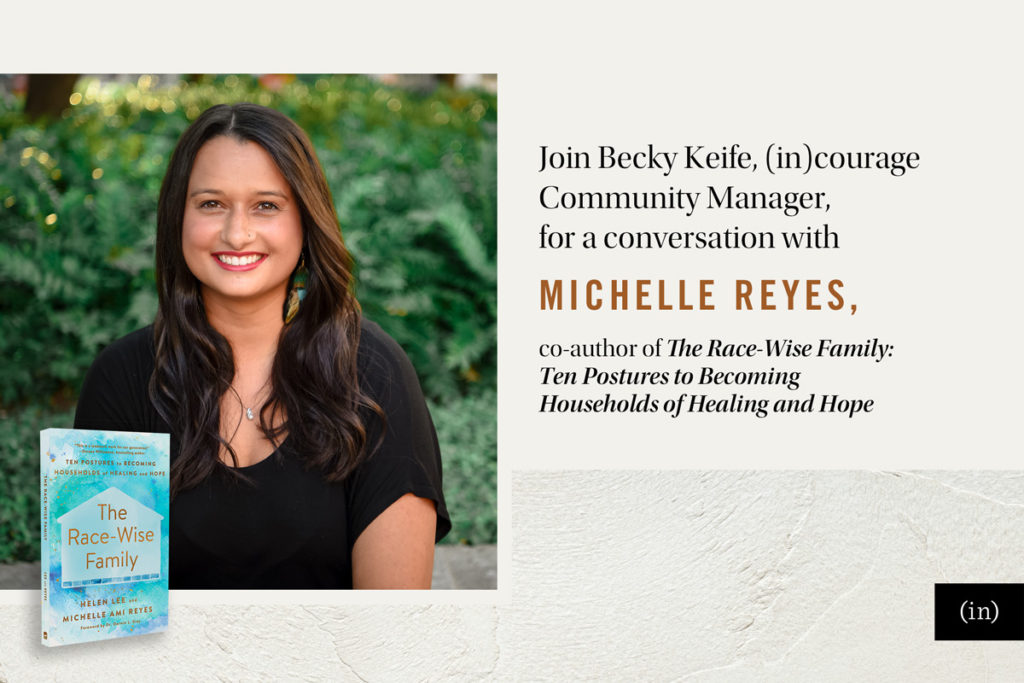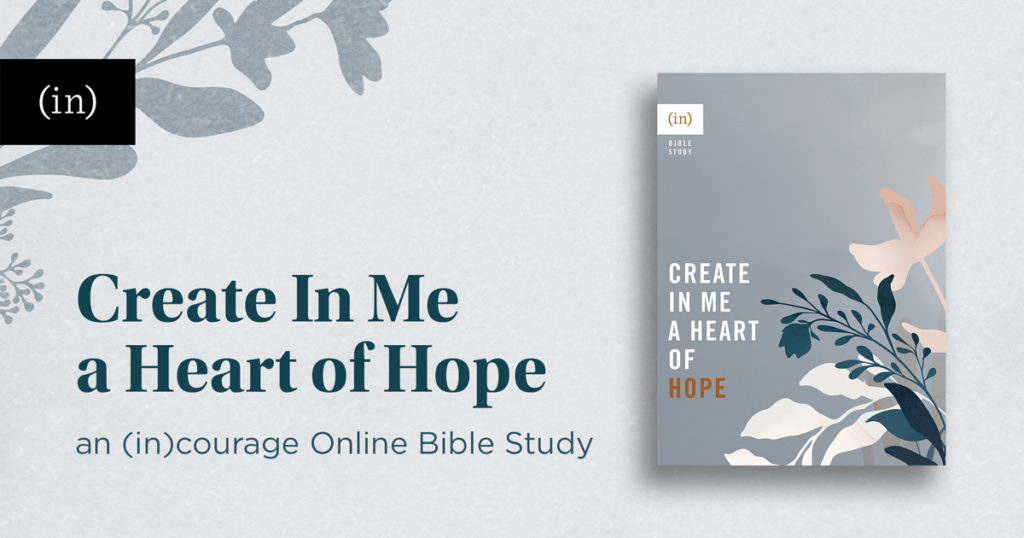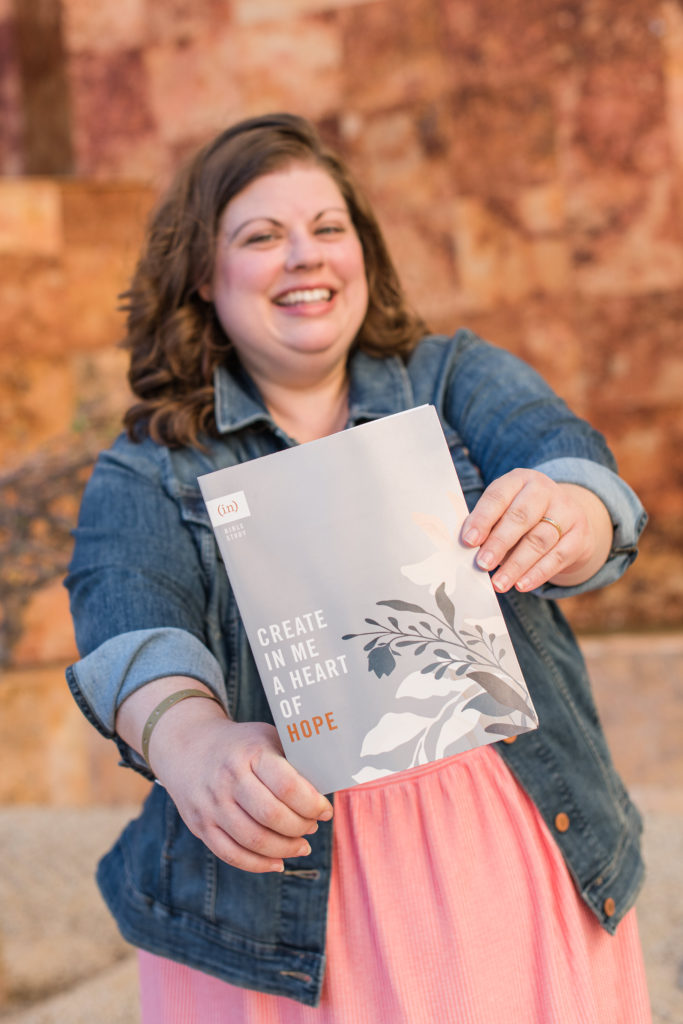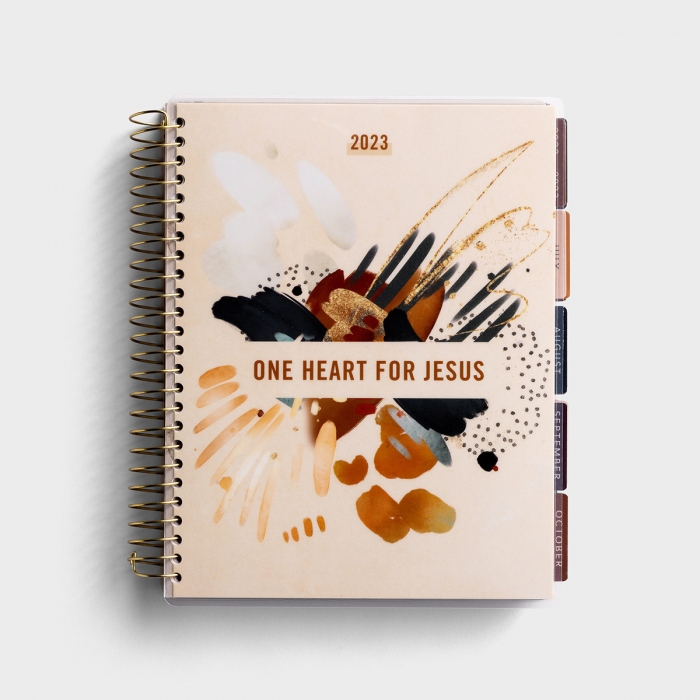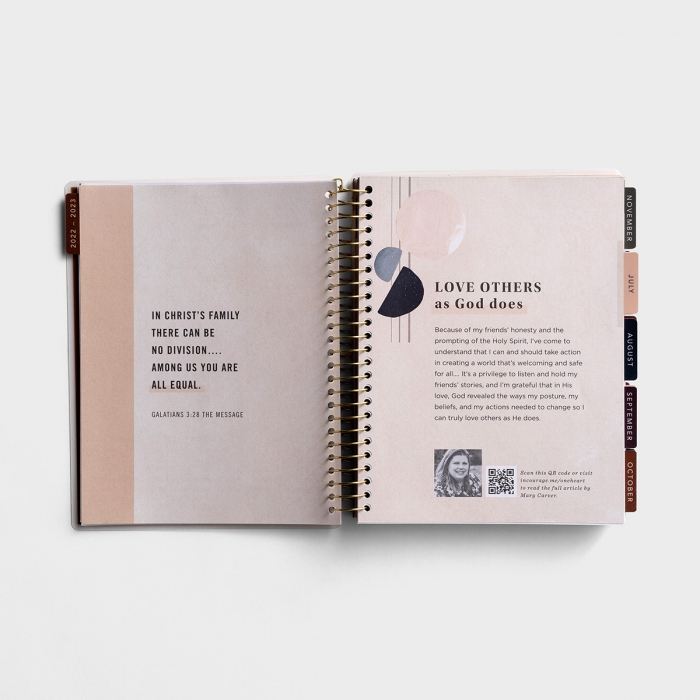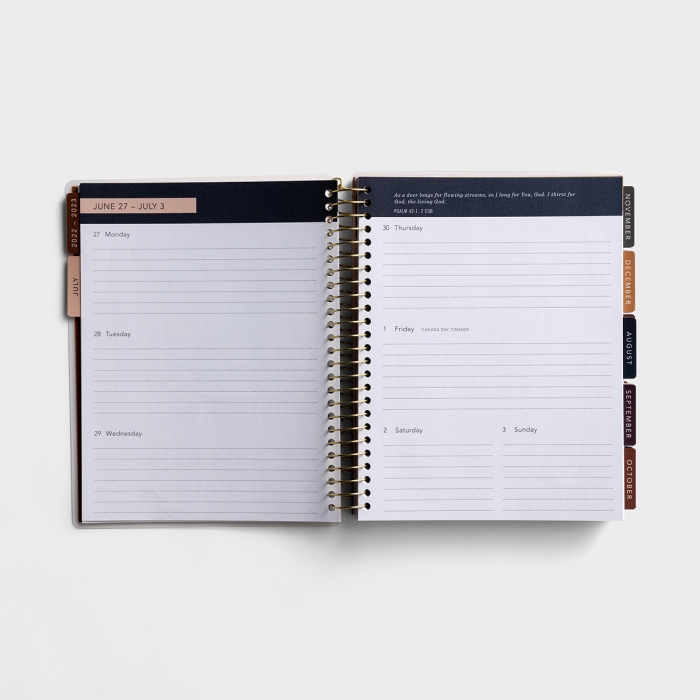Recently, we sold our farm, and in the process, we downsized our belongings and re-homed our livestock and animals. We learned to loosen our grip and let God bring about change in our hearts to prepare the way for our move.
I could see God working out all the details in His timing with regards to this big change. First, my husband, my daughter, and I were all on board with it. That in itself was a miracle with three, completely different personalities and viewpoints. But we trusted God would change our circumstances when it was His time. Then, He brought a Jesus-loving family to purchase our farm. We were able to easily pass our farm to them and didn’t glance back with any regret. During that time, God also led us to purchase land in a very difficult market, where we will build our next home. Real estate makes me believe that God is in charge of every detail of our lives, otherwise how would it ever work?!
It hasn’t been easy, but it has been beautiful. It’s been a lot of change this year, and even though others might think I’m kind of weird for this, I actually like change when God is leading. I think it’s exciting!
For now, we are living in the middle, calling a rental in a neighborhood home for the time being. In the midst of all this transition, I was more concerned about making sure our family was comfortable and could continue on with our regular daily life that I didn’t expect to be the one to have the hardest time with the move.
I tried to analyze what my hang-up was. I grew up in a neighborhood in the ‘burbs. I was used to a small backyard and close neighbors. I didn’t have my identity wrapped up in owning versus renting, or even where we lived. I wasn’t feeling impatient about building since I know what a chore it truly is. I couldn’t figure out why I was struggling.
Even when it’s God’s idea and I’m excited about what He’s doing, transitions are not easy.
I think about good but hard transitions in God’s word. There are many, but the one I can really relate to lately is when Jesus’ followers were waiting for the arrival of the Holy Spirit.
God had worked a miracle — the biggest of them all: Jesus took the sins of the world away and conquered death. His followers had seen the entire progress of events, walked and talked with Him as a resurrected Savior, waved goodbye in astonishment as God lifted Jesus back to heaven, and now His followers had to wait on what Jesus had promised.
They were in the middle of a transition. They were wrapping up one chapter of their story, God’s story, and beginning a new one. They didn’t know what to expect. It must’ve been uncomfortable and not what they had imagined. They must’ve been nervous about what would come next while trying to process everything that had happened.
So, they waited and prayed.
Their waiting was necessary. They knew they couldn’t do anything in their own power. And there was no shame in waiting on God and not knowing when, how, or where the next step would be revealed.
When the winds of heaven came, the Holy Spirit filled the followers and enabled them. They were given God’s power to live out the vision Jesus had cast for them and the way was made to achieve what God had desired through them.
God didn’t chastise them for not understanding or being nervous about what was to come. He knew they needed time to process what they had experienced.
It takes time for each of us to catch up with God’s plans as they unfold in our lives, so we need to give ourselves space and time to process what He’s doing.
And that’s what was happening to me with our move. I realized my emotions and heart were trying to catch up with what had already happened. And I was waiting for God to show up because I couldn’t and didn’t want to do anything in my own power in the the middle of our story.
I didn’t want to make our rental feel like a home without His Spirit. I didn’t know how to build a home in the middle of all the post-pandemic issues without His powerful leading. I couldn’t understand God’s timing or what He was really up to in our lives without living in the power that He had already given me in the Holy Spirit.
The waiting in our lives is necessary so we can rely on God’s power and not our own.
Sitting in the middle of a transition and not fully understanding what is happening within you is just fine. Allow yourself to catch up with what God is doing. And know that as a Jesus follower we each need and have the power of the Holy Spirit in us no matter the circumstances we find ourselves in.


